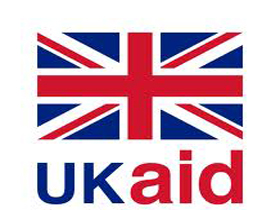Amid speculations about the UK aid programme in Bangladesh, British High Commissioner Robert W Gibson on Saturday said Britain will continue to support the poorest and most marginalised people in Bangladesh.
“UK aid is a partnership between the people of Britain and the people of Bangladesh,” said the British diplomat in a statement.
He also said, “We continue to support the poorest and most marginalised people in Bangladesh as part of our global efforts to support the achievement of the Millennium Development Goals.”
Earlier, in a report British daily The Telegraph said the UK government has said it is reviewing its funding of aid programmes in support of Bangladesh’s parliament in light of the current ‘political situation’.
Sought comment on the report, Warren told UNB that it is too early to say what the implications of recent political events may be for UK engagement.
“UK aid goes to help the poorest and most marginalised people in Bangladesh. It’s too early to say what the implications of recent political events may be for UK engagement, including for the aid programme,” he said.
Bangladesh, the fourth largest recipient of British government aid, was given £274.9 million in 2013-14 fiscal year, with £265 million planned for 2014-15 fiscal year.
Although most of this money is given to international agencies and non-government organisations, 30 percent goes directly or indirectly to the Bangladesh government to support its health, education and climate change programmes.
UK Aid has budgeted to spend £56.3 million over a five-year period on the two parliamentary support projects that are now under review, with over £12 million remaining to be spent this and next year. Not all of the project’s money is spent on parliamentary activities.
On January 6, Senior Foreign Office Minister Baroness Warsi urged the ‘new government’ and all political parties to act in line with the interests of the people of Bangladesh.
Commenting on the January 5 elections, she also said, “Bangladesh is an important partner for the UK and we’ll continue to support its people in their aspirations for a more stable, prosperous, and democratic future.”
Source: UNBConnect









